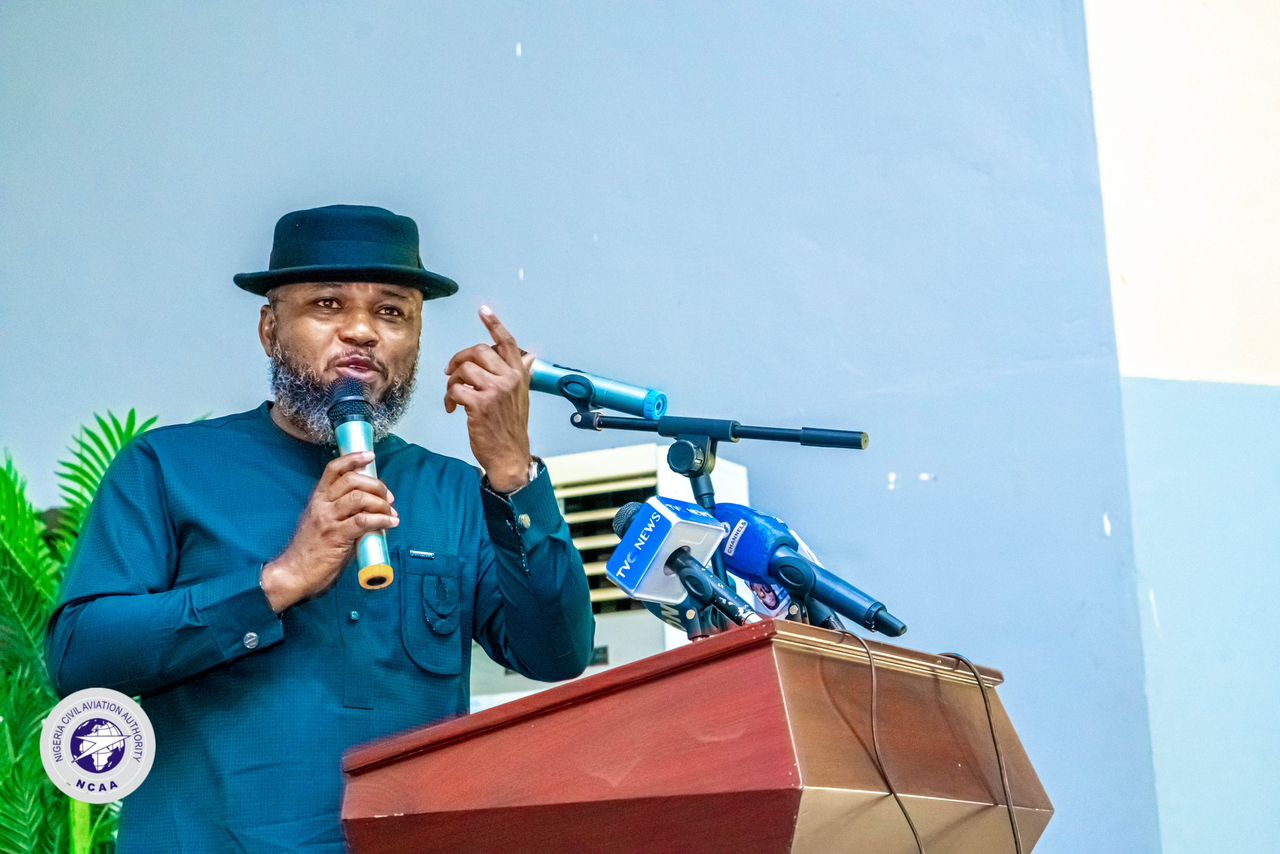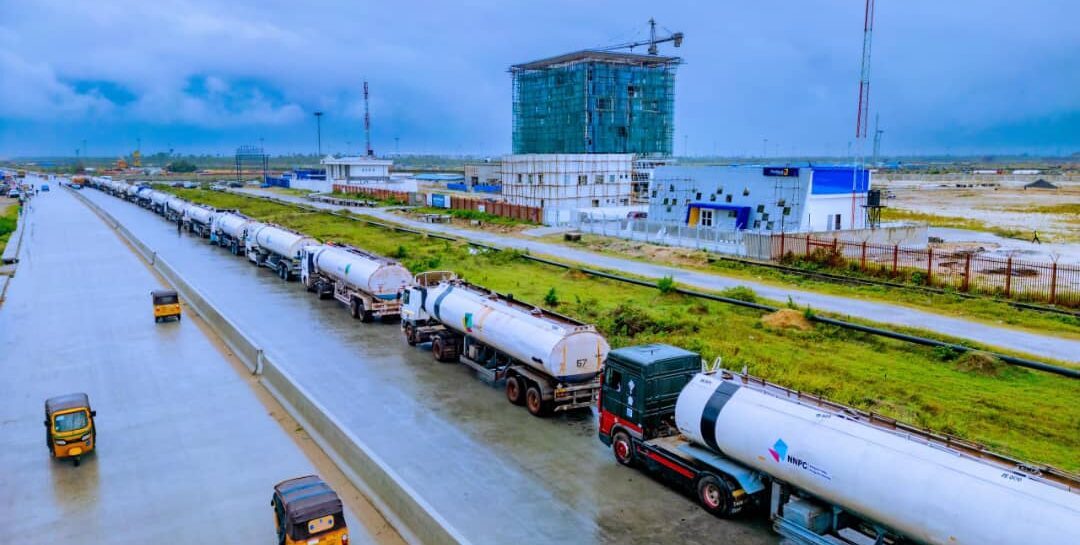Climate change has emerged as one of the most pressing global challenges of the 21st century, and Nigeria is no exception to its devastating effects. While urban centers grapple with heatwaves, poor air quality, and flooding, rural communities face a different but equally alarming reality: shifting weather patterns, unpredictable rainfall, and increased vulnerability to food insecurity. These changes threaten not only the environment but also the livelihoods and survival of millions who depend on agriculture and natural resources.
In many rural regions of Nigeria, farming has traditionally relied on predictable weather cycles. For decades, planting seasons were well understood, and harvest times followed consistent patterns. However, climate change has disrupted these rhythms. Rainfall now often comes either too early, too late, or in excessive bursts that wash away seeds and erode the soil. Farmers who once depended on generational knowledge to guide planting now find themselves gambling with nature, often with devastating results.
Beyond erratic rainfall, rising temperatures are having a profound effect on agriculture and health. Warmer climates encourage the spread of pests such as the army worm, which attacks maize—a staple food for many Nigerians. Heat stress also affects livestock, reducing milk and meat production and threatening the food supply chain. For human populations, higher temperatures increase the risk of heat-related illnesses, especially among the elderly, children, and outdoor workers.
One of the most visible consequences of climate change in rural Nigeria is desertification, particularly in the northern states. As vegetation disappears due to drought and overuse of land, communities are left with barren landscapes that cannot sustain crops or livestock. This environmental degradation not only forces people to migrate in search of greener pastures but also increases competition for limited resources, which can spark conflicts between farmers and herders.
Water scarcity is another alarming challenge. Rivers, streams, and natural ponds that once served as lifelines for rural communities are drying up faster than they can be replenished. Without access to clean water, communities are exposed to higher risks of waterborne diseases such as cholera and typhoid. Women and children often bear the brunt of the crisis, walking long distances to fetch water—time that could have been spent in school or engaging in economic activities.
Climate change also has far-reaching implications for education in rural areas. During periods of extreme heat or heavy rainfall, many schools are forced to close, disrupting learning. Furthermore, children from farming families are often kept at home to assist with agricultural work during shortened planting windows. Over time, these disruptions contribute to lower literacy rates and reduced opportunities for future generations.
Addressing the climate crisis in Nigeria’s rural communities requires a multifaceted approach. Adaptation strategies such as climate-smart agriculture, drought-resistant crops, and improved irrigation systems can help farmers cope with changing weather patterns. Reforestation initiatives, particularly in arid regions, can combat desertification and restore natural ecosystems. Importantly, these interventions must be community-driven to ensure that they address local realities and have long-term sustainability.
Government policies and investments are crucial in this fight. While Nigeria has committed to various international climate agreements, translating those commitments into tangible local action remains a challenge. Increased funding for rural infrastructure, access to renewable energy, and training programs for farmers could significantly reduce vulnerability. Partnerships with non-governmental organizations and international development agencies can also provide the technical and financial support needed to implement climate adaptation measures.
Climate change is not a distant threat; it is an ongoing crisis with real consequences for Nigeria’s rural communities. Every delayed response means more livelihoods lost, more children out of school, and more communities displaced. By prioritizing environmental sustainability, promoting resilience strategies, and fostering community engagement, Nigeria can chart a path toward protecting its rural populations from the worst effects of climate change.
Ultimately, the climate crisis in rural Nigeria is a test of both policy and humanity. It challenges leaders, citizens, and the global community to act decisively, not just to mitigate its causes but to shield the most vulnerable from its harsh realities. If immediate, coordinated action is taken, there is hope that rural communities will not just survive climate change but adapt and thrive in spite of it.
Agatha Marcus, Dept of Mass Comm., University of Maiduguri
The post CLIMATE CHANGE AND GROWING IMPACT ON RURAL COMMUNITIES appeared first on THISDAYLIVE.



